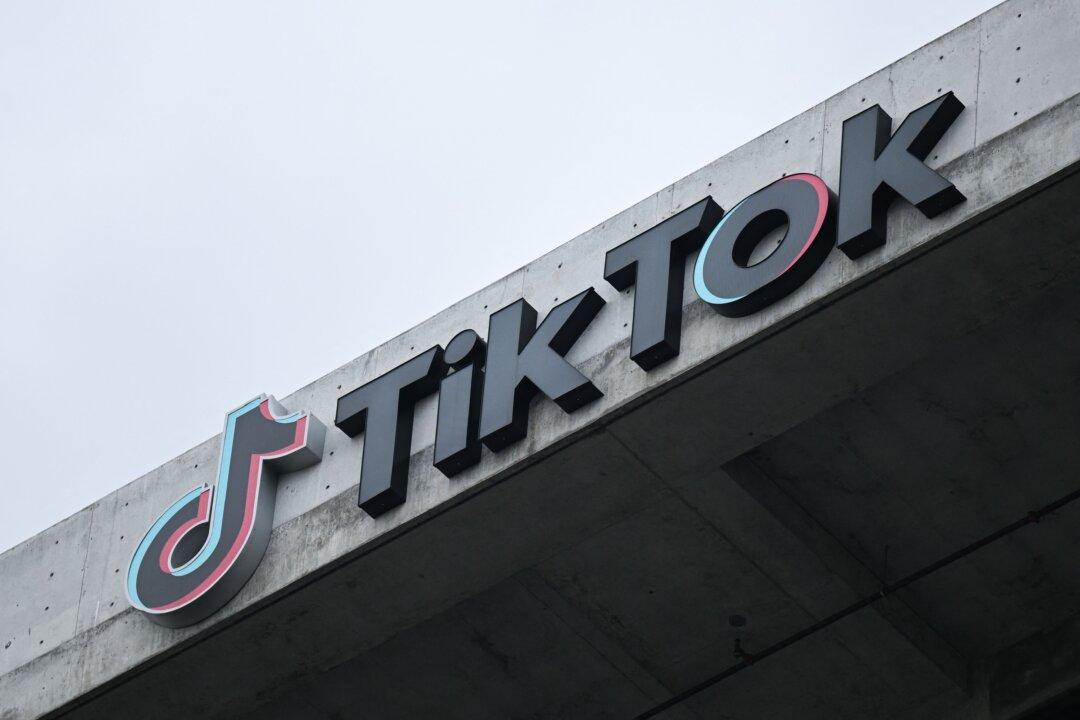News Analysis
As the Israel Defense Forces carry out its ground offensive into the heart of the Gaza Strip to eradicate the terrorist group Hamas, the Chinese regime is using TikTok to spread its anti-Israel propaganda from China to the United States, aiming to influence the perspectives of American youth on the Israel–Hamas conflict.





